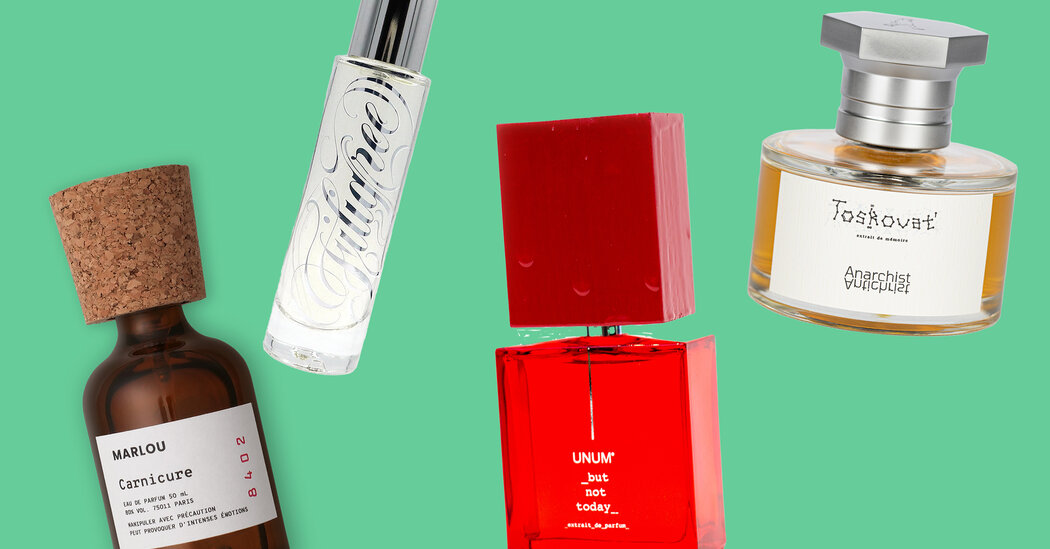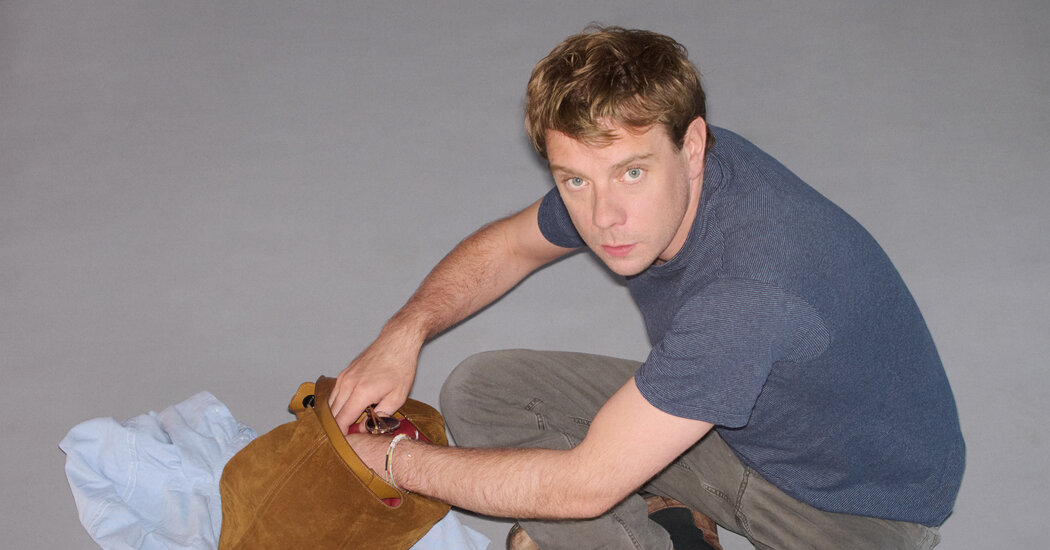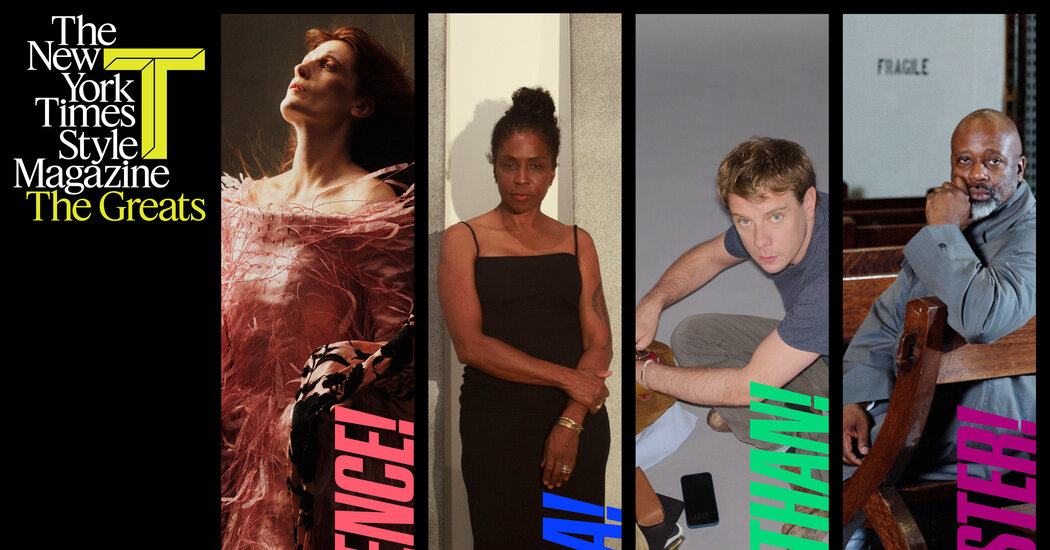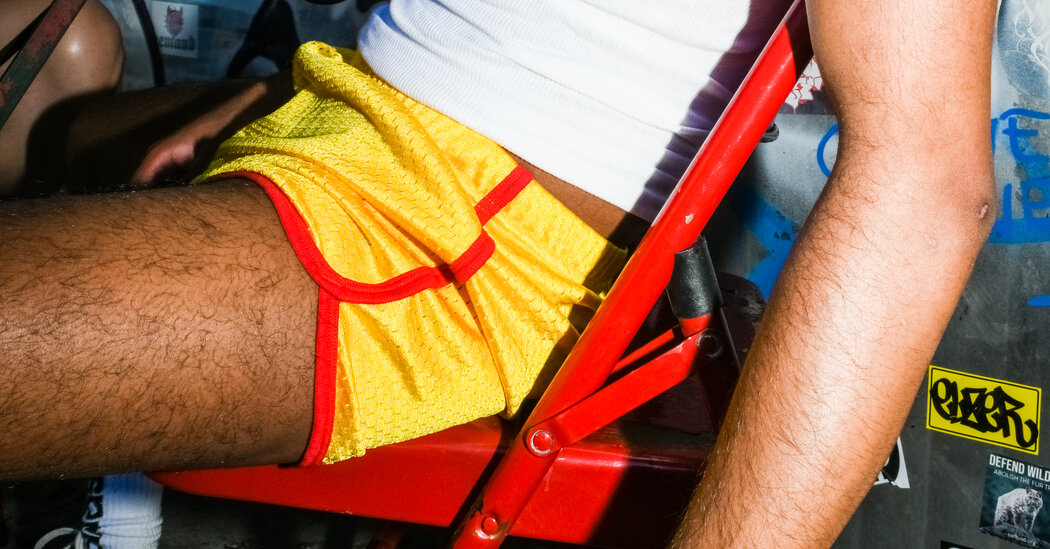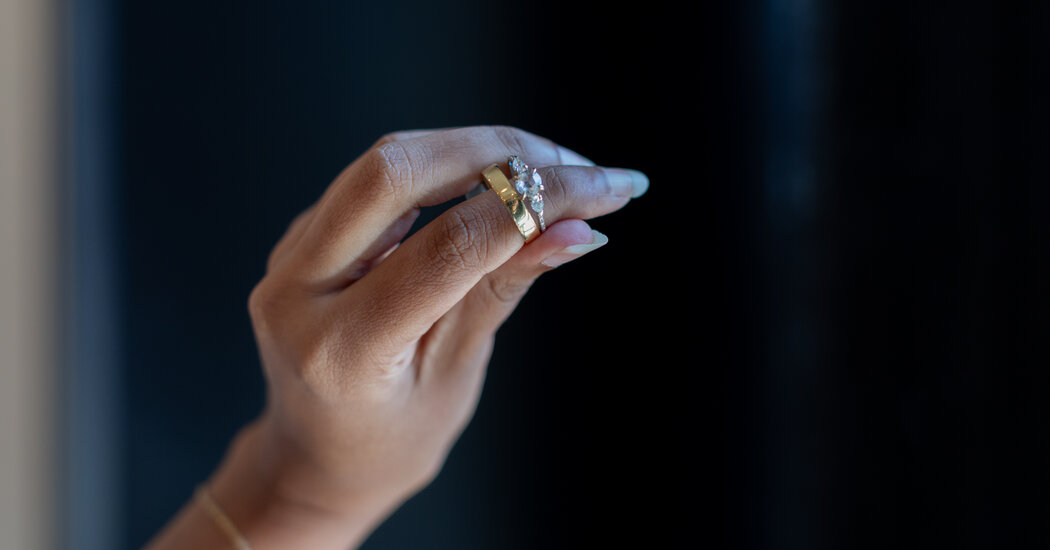Nearly two decades after the release of Sécrétions Magnifiques, similarly unorthodox formulas aren’t just becoming under-the-radar favorites. “We’ve seen the audience for many experimental perfumes swell in the last couple of years,” says Steven Gontarski, 51, who manages the Scent Bar stores, which sell niche and independent fragrances in Los Angeles and New York. The appeal of nontraditional scents isn’t simply their shock value; it’s also the nonconformist ideals they can signify. Channeling the D.I.Y. ethos of the punk musicians he idolizes, the self-taught, Seattle-based perfumer James Elliot, 49, strives to make fragrances that are disruptive, even political. “The people who gravitate toward my work want to challenge their noses. They aren’t afraid,” he says. In 2018, his label, Filigree & Shadow, released Sui Generis, which has notes of bubble gum, rose, leather and the drug methamphetamine and is inspired by the ’80s New York nightclub Danceteria and the heavy metal style of the band the Plasmatics. After the overturning of Roe v. Wade in 2022, Elliot created Laughing With a Mouthful of Blood, which has notes of Coca-Cola, linen and tobacco; proceeds from its sales benefit nonprofits that help provide abortion care, as well as safe spaces for L.G.B.T.Q. youth. Elliot is currently developing a perfume inspired by gay clubs that smells of leather, sweat, cigarettes and used underwear.
The rise of niche scents reflects a wider trend in online-centric fashion and beauty communities, where micro-aesthetics, such as cottagecore and dark academia, proliferate. A broader range of available fragrances means wearers can more easily shift between various styles and moods. These nuances inform the work of the Italian olfactory artist Filippo Sorcinelli, who’s designed fragrances intended to express complex and often dark emotions, such as fear and anxiety. He describes his target audience as introspective people “who want to open themselves up through a smell that becomes a mirror of a memory, good or bad.” One of his most discussed perfumes is But Not Today; launched in 2014 as part of his first fragrance collection, UNUM, it takes inspiration from the 2001 film “Hannibal” and features blood as a top note.
Compared to larger fragrance companies, small houses like Elliot’s and Sorcinelli’s are freer to experiment and push boundaries. As French perfumer Briac Frorcrain — who describes his fragrance line, Marlou, founded in 2016, as an exploration of the sensuality of bodily odors — points out, long before the formation of beauty and luxury conglomerates, most perfumers were small-scale, independent businesses. “What was extremely ordinary a century ago is now viewed as punk,” he says. These newer artisanal perfumers, though their creations might be unorthodox, also have the same goal perfumers always have — to make an impression. And which is more likely to turn a head: a pleasantly floral but familiar scent or Toskovat’s Born Screaming, with notes of popped balloon and DVD case?



